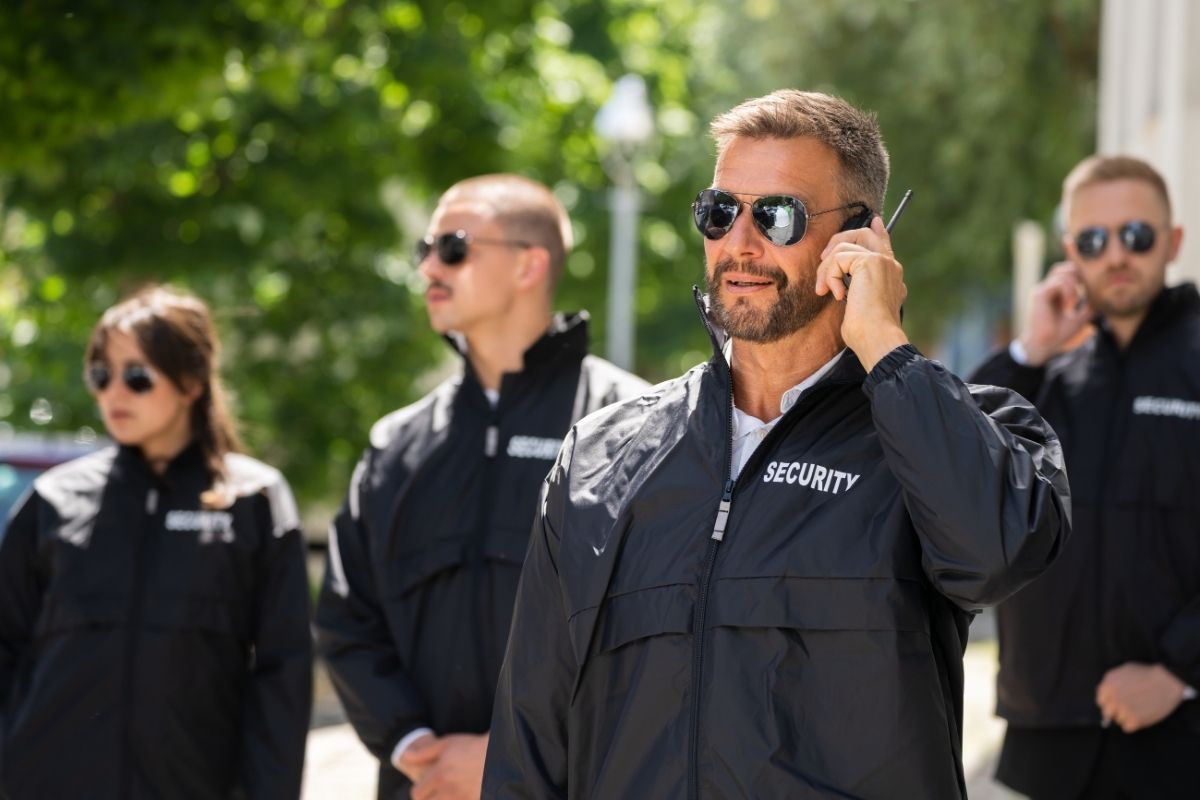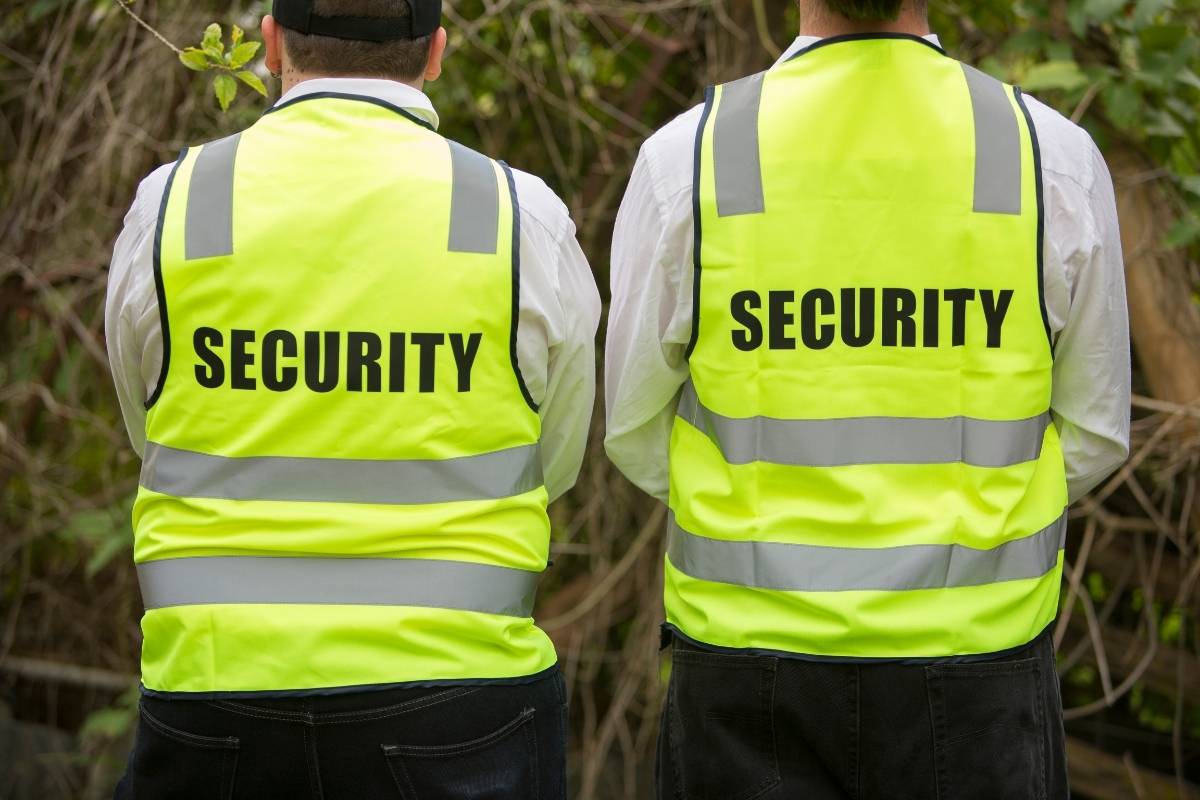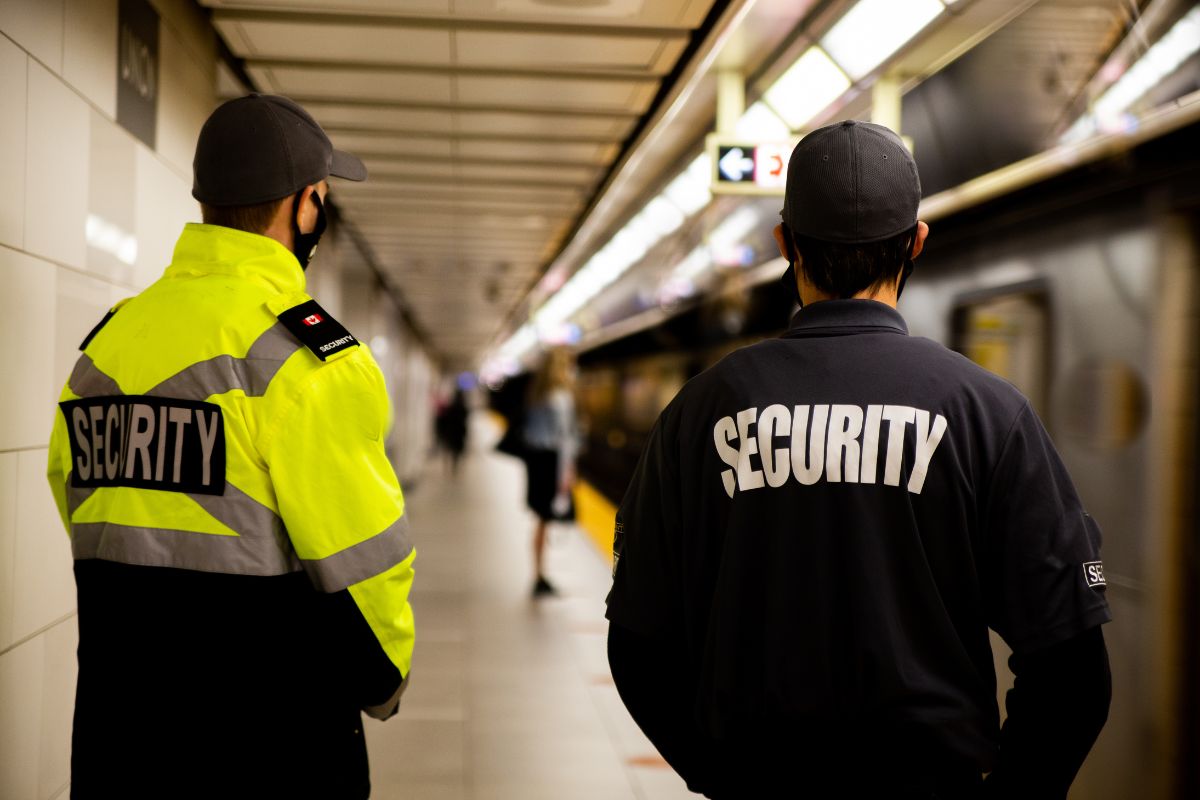
- Fri, Aug 2025
- |
- Reliable Houston Security Guard Service, Inc
In the bustling city of Houston, shopping centers are more than just retail hubs; they are lively community spaces where people gather to shop, dine, and unwind. However, as these centers grow in popularity and foot traffic, they also become attractive targets for criminal activities, making security a paramount concern.
Implementing top-notch security measures for shopping centers is not just about safeguarding merchandise but also about ensuring the peace of mind of shoppers and employees alike. But what does it truly take to create a secure environment in such expansive commercial spaces? From advanced surveillance systems to well-trained security personnel, shopping centers must adopt a multilayered approach to effectively deter and manage potential threats.
With Houston being one of the largest cities in the United States, mall security solutions here need to be innovative and tailored to the unique challenges that arise in such a vibrant urban setting. This post will delve into the critical strategies that shopping centers in Houston can employ to prevent shoplifting and other security breaches, ensuring a safe and enjoyable experience for everyone. Whether you’re a mall manager, a retail store owner, or simply someone who frequents these shopping havens, understanding these security measures can offer valuable insights into the complex world of retail safety.
Importance of Security Measures in Houston Shopping Centers
- Visible Security Presence: Having security personnel patrolling shopping centers in Houston deters potential criminals and provides a sense of safety for visitors. A noticeable security presence can prevent incidents before they occur, enhancing the overall shopping experience.
- Surveillance Systems: Implementing robust surveillance systems, including cameras and alarms, allows for constant monitoring of activities within the shopping center. These systems act as a silent deterrent to crime and help in the quick resolution of any security issues that may arise.
- Strong Security Protocols: Establishing and enforcing strict security protocols, such as bag checks at entrances and regular security drills, is essential for maintaining a safe environment in shopping centers. These protocols not only protect the assets and employees but also contribute to the positive reputation and long-term success of the center.
Risk Assessment and Security Planning
Conducting a thorough risk assessment is the first step in crafting an effective security strategy. By evaluating crime statistics, traffic patterns, and historical incident reports in and around the property, mall operators can identify vulnerabilities.
A comprehensive security plan then outlines preventive measures, assigns responsibilities, and sets benchmarks for success. This proactive approach minimizes surprises, ensuring resources are allocated where they are most needed to mitigate threats such as theft, trespassing, and emergencies. Risk assessment also informs the design of physical layouts—placing retail kiosks, parking lots, and entrances in ways that optimize sightlines and reduce blind spots.
It supports preventing shoplifting in shopping centers Houston TX by targeting high-risk zones with additional patrols or technology. Regularly reviewing and updating the plan keeps it aligned with evolving conditions, from seasonal traffic surges to changes in neighborhood crime trends. Ultimately, a dynamic risk assessment and security planning process lays the groundwork for resilient, adaptive protection.
Access Control Solutions to Restrict Unauthorized Entry
Controlling who enters restricted areas is a critical component of any security program. By implementing access control solutions, shopping centers can limit entry to service corridors, storage rooms, and administrative offices.
This reduces internal theft and protects staff-only areas from unauthorized intruders. Keycards, biometric scanners, and coded locks are popular options that blend convenience with robust security.
At main public entrances, turnstiles and automated gates can streamline crowd flow while preventing tailgating and unauthorized access. These tools also generate logs for tracking movements, helping security teams identify suspicious patterns.
Integrating access control systems with real-time monitoring platforms strengthens incident response, ensuring any breach attempts trigger instant alerts. Such measures not only support loss prevention but also enhance overall safety for staff and customers.
Security Personnel Training and Deployment
The effectiveness of any security plan hinges on the quality and readiness of personnel. Comprehensive training programs equip guards with skills in conflict resolution, emergency first aid, crowd control, and customer service. Well-prepared teams can de-escalate tense situations, assist visitors, and coordinate with law enforcement if needed. Ongoing drills and refresher courses ensure that staff remain alert and up to date on best practices.
Deployment strategies should balance visible patrols with strategic static posts at high-risk points like parking garages, food courts, and restrooms. Foot patrols encourage interaction with visitors, deterring misconduct through presence alone. Meanwhile, strategically placed security stations serve as command centers for quick coordination. By rotating shifts and varying routines, shopping centers prevent criminals from predicting guard movements, bolstering overall deterrence and responsiveness.
Emergency Response Protocols and Crisis Management
Preparedness for emergencies—from medical incidents to severe weather or active threats—can save lives and limit property damage. Establishing clear protocols for different scenarios ensures swift, organized action. Staff should know evacuation routes, assembly points, and how to guide patrons safely. Communication plans, including PA announcements and mobile alerts, keep everyone informed and reduce panic.
Coordination with local police, fire, and medical services enhances crisis management. Regular joint exercises simulate real-world situations, testing response times and inter-agency communication. Post-incident reviews identify lessons learned and drive improvements. By embedding these emergency response protocols in daily operations, shopping centers maintain resilience against unforeseen events and reassure visitors that their well-being is a top priority.
Frequently Asked Questions
How can security guards help prevent shoplifting in shopping centers?
Security guards act as a visible deterrent, monitor suspicious behavior, and can respond quickly to incidents, significantly reducing shoplifting opportunities.
What technology is most effective for shopping center security?
High-definition CCTV with AI, access control systems, and smart sensors integrated with real-time monitoring platforms provide proactive and efficient security coverage.
Why are regular security audits important?
They help identify vulnerabilities, update outdated equipment or policies, and ensure security measures evolve with emerging threats and changing shopping patterns.
How can I contact professional security services for my shopping center in Houston?
For expert guidance and tailored security solutions, you can contact our team here to discuss your needs and schedule a consultation.
Regular Security Audits and Upgrades
Security is not a one-time investment; it requires continuous evaluation and refinement. Regular audits—conducted quarterly or biannually—review policies, technologies, and personnel performance. These inspections help identify outdated equipment, policy gaps, or procedural lapses that could compromise safety. Audits also assess whether current strategies align with evolving threats and retail trends.
Following an audit, shopping centers should upgrade cameras, sensors, and communication systems as needed. Software updates, hardware replacements, and procedural tweaks keep the security framework robust. Incorporating feedback from frontline staff and customers further strengthens the system. By embracing a culture of continuous improvement, mall managers ensure that their security measures for shopping centers remain effective, cost-efficient, and capable of addressing new challenges.
Utilizing Technology for Security Innovations
- AI-Driven CCTV Systems: Utilizing high-definition CCTV cameras with artificial intelligence (AI) capabilities allows for the detection of suspicious activities in real-time. These systems can identify behaviors like loitering or unauthorized group gatherings, triggering immediate alerts for security personnel to investigate, enhancing overall security measures.
- Smart Sensors Integration: Implementing smart sensors to monitor foot traffic, temperature changes, and door statuses provides valuable data for security teams. These sensors seamlessly integrate with central control rooms, enabling swift responses to any anomalies detected within the shopping center environment, contributing to proactive security management.
- Mobile Apps and Visitor-Tracking Platforms: By utilizing mobile applications and visitor-tracking platforms, security teams can enhance situational awareness and coordination efforts. These tools enable real-time communication, allowing security personnel to coordinate patrols effectively, share live updates, and respond promptly to any security incidents, ultimately improving the overall safety and customer experience within the shopping center.
Creating a Safe Environment for Everyone
Safety in a shopping center extends beyond crime prevention; it encompasses accessibility, cleanliness, and customer comfort. Well-lit walkways, clear signage, and regular maintenance deter not only criminals but also accidents and operational hazards. Security staff trained in customer service foster a friendly atmosphere, guiding visitors and addressing concerns promptly.
Community outreach initiatives—such as safety workshops, youth patrol programs, and partnerships with local schools—build trust and awareness. Encouraging shoppers to report suspicious activity through mobile hotlines or suggestion boxes engages everyone in preventing shoplifting in shopping centers Houston TX. A collaborative approach ensures that all stakeholders—tenants, employees, and visitors—play a role in maintaining a secure, welcoming environment.
If you want to learn more about the benefits of security guard patrol services or specific ways to prevent shoplifting, don’t hesitate to reach out. Our experts are ready to help you develop the best security plan tailored for your shopping center.
Contact us today through our contact page to schedule a consultation and ensure your shopping center remains a safe space for all.



